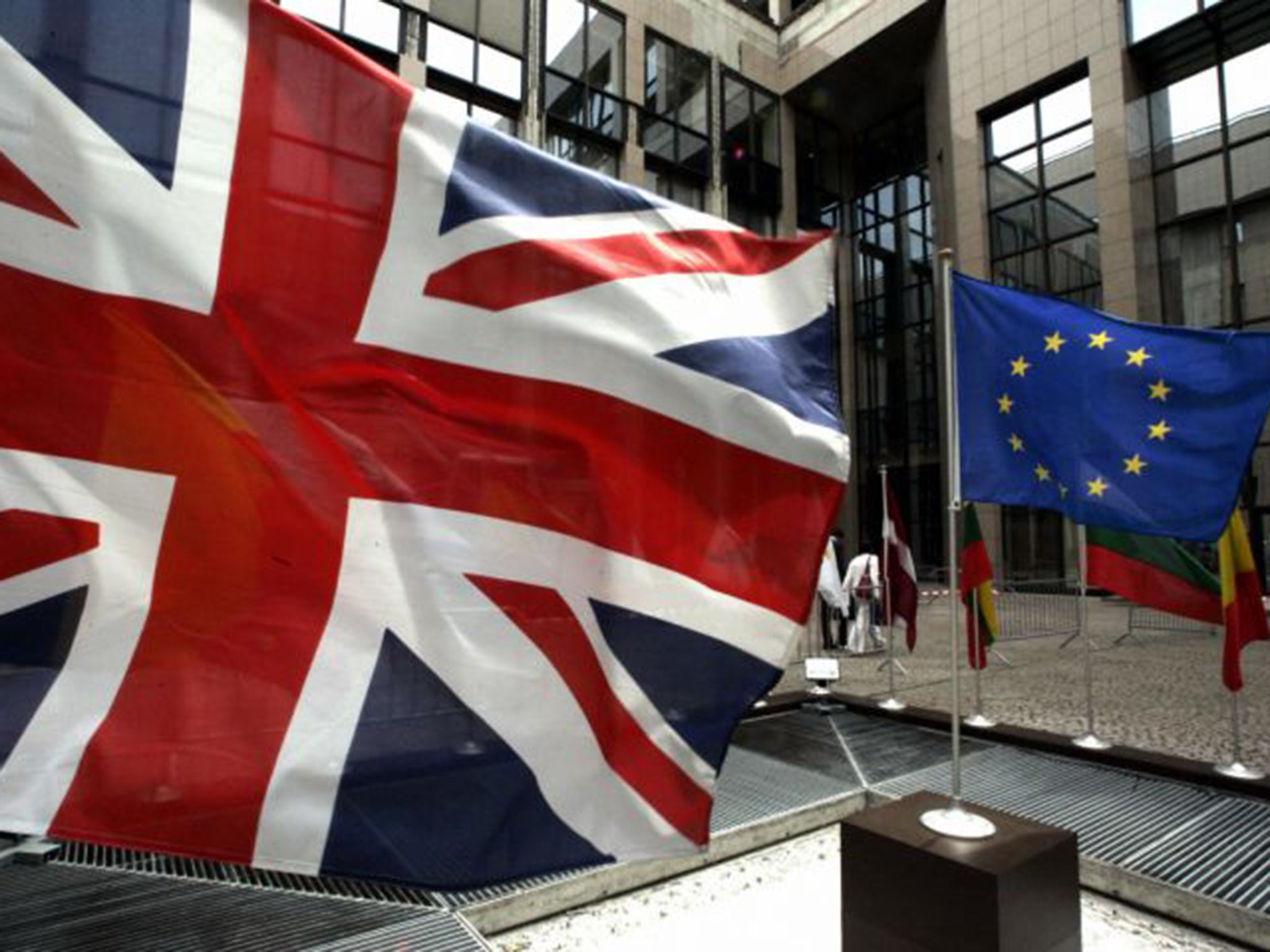Brexit: Top economist reveals what he thinks will happen next after the EU referendum vote
John Van Reenen of the London School of Econimics forecast costs of Brexit before vote was held

Your support helps us to tell the story
From reproductive rights to climate change to Big Tech, The Independent is on the ground when the story is developing. Whether it's investigating the financials of Elon Musk's pro-Trump PAC or producing our latest documentary, 'The A Word', which shines a light on the American women fighting for reproductive rights, we know how important it is to parse out the facts from the messaging.
At such a critical moment in US history, we need reporters on the ground. Your donation allows us to keep sending journalists to speak to both sides of the story.
The Independent is trusted by Americans across the entire political spectrum. And unlike many other quality news outlets, we choose not to lock Americans out of our reporting and analysis with paywalls. We believe quality journalism should be available to everyone, paid for by those who can afford it.
Your support makes all the difference.One of the UK's top economists has issued a stark warning about the possible economic and social implications of Brexit for Europe.
Work from before the referendum by Professor John Van Reenen, professor of economics at LSE and director of the university's Centre for Economic Performance, laid out the likely long-term economic costs of Britain leaving the European Union.
Van Reenen's research, co-authored with three colleagues from the LSE, Swati Dhingra, Gianmarco Ottaviano and Thomas Sampson, claims even if Britain manages to secure a deal where it keeps access to the single market, income per person will still fall by 1.3 per cent relative to otherwise.
If the UK is unwilling to accept the free movement of labour, it is likely trade will fall by more, leading to a 2.6 per cent decrease in income per person.
This translates to a fall of between £850 and £1,700 per UK household.
In a new piece following the referendum result, Mr Van Reenen blamed the stigmatisation of foreigners, the eurosceptic and anti-immigration stance of large sections of the British press and also “the worst [politicians] in living memory” for the result.
He argued the vote was “won on a drumbeat of anti-foreigner sentiment” and is “the same tune that was played in the 1930s” and has "drowned a once great nation.”
And in a warning for the future, Mr Van Reenen predicted other European countries will follow Britain’s example and be “swept along in this poisonous flood”.
The only question, according to Mr Van Reenen, is which other states will also be hit by the "tsunami of bile" and take an anti-immigration, anti-Europe stance in the coming years.
Join our commenting forum
Join thought-provoking conversations, follow other Independent readers and see their replies
Comments